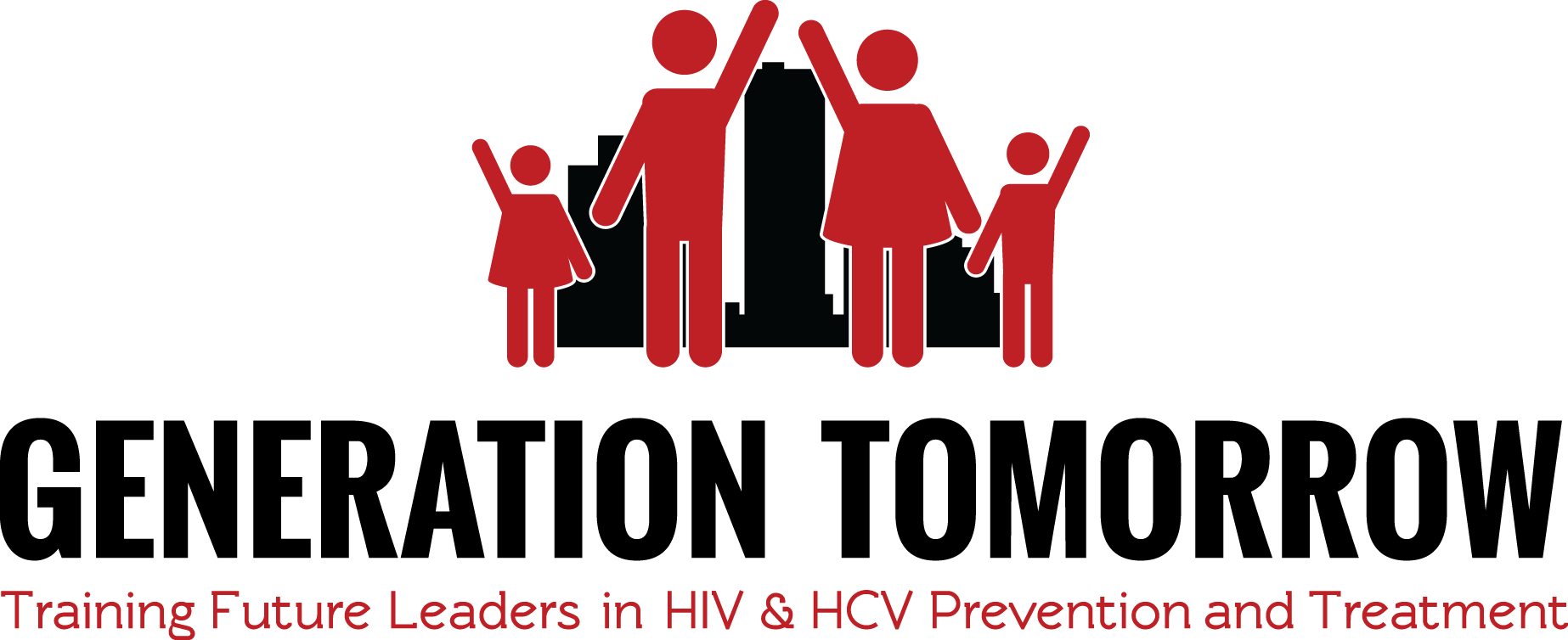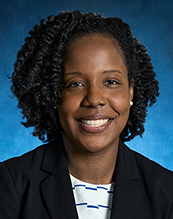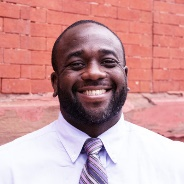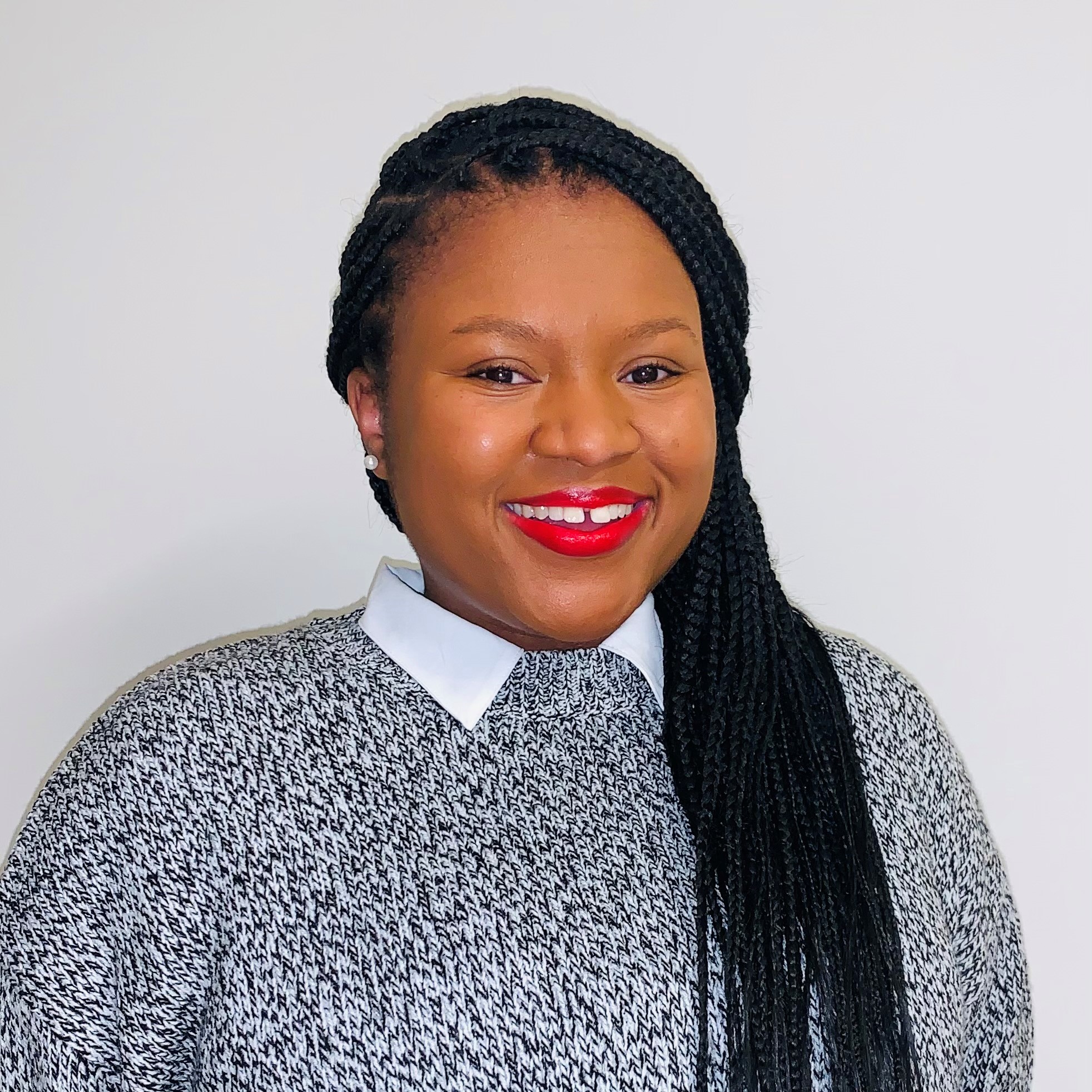
Program Overview:
Generation Tomorrow and the Johns Hopkins Center for AIDS Research (CFAR) just completed Year 5 of Generation Tomorrow: Summer Health Disparity Scholars. The program is intended for undergraduate students interested in HIV and/or hepatitis C virus (HCV) health disparities and their intersection with substance use (addiction and overdose), violence, mental health, and the social determinants of health. The program will offer mentorship and training in HIV/HCV education, testing, and counseling, health disparities, cultural competence, and harm reduction. Through a lecture series, the program will also explore the intersection of HIV and/or HCV health disparities with the areas defined above. This program will have a special focus on undergraduate students interested in nursing, public health, science, and medicine.
Application: https://apply2.jhu.edu/apply/?sr=497886ba-84c2-4b45-b294-2bf91d26db8b
CFAR Leadership
Richard E. Chaisson, MD, Director, Center for AIDS Research, Director, Center for Tuberculosis Research, Professor, Johns Hopkins School of Medicine
Christopher Beyrer, MD, MPH, Co-Director, Center for AIDS Research, Director, Johns Hopkins Center for Public Health & Human Rights, Professor, Johns Hopkins Bloomberg School of Public Health
Program Leadership:
 Risha Irvin, MD, MPH, Director, Generation Tomorrow and Generation Tomorrow: Summer Health Disparity Scholars, Assistant Professor, Division of Infectious Diseases, Johns Hopkins School of Medicine
Risha Irvin, MD, MPH, Director, Generation Tomorrow and Generation Tomorrow: Summer Health Disparity Scholars, Assistant Professor, Division of Infectious Diseases, Johns Hopkins School of Medicine
Dr. Risha Irvin is currently an assistant professor at Johns Hopkins School of Medicine in the Division of Infectious Diseases where she focuses her research and community engagement projects on improving the health of vulnerable populations impacted by HIV and/or hepatitis C virus (HCV) including economically disadvantaged persons, racial/ethnic minorities, and people with multi-substance use. Additionally, she directs Generation Tomorrow, a program which trains students and community members in HIV and HCV education, testing, and counseling and places them in an internship with a community-based organization or Johns Hopkins affiliated program. The program aims to increase HIV and HCV testing in at-risk populations and engage the next generation of health professionals and community members in work to improve the HIV and/or HCV care continuums. Dr. Irvin also directs Sharing the Cure, a program which trains primary care providers to treat hepatitis C in the medical home to solve issues around access to care and workforce shortages.
Dr. Irvin obtained her bachelor’s degree in biology from Spelman College where she was valedictorian and inducted into Phi Beta Kappa. She then obtained her medical degree and master’s in public health from Harvard Medical School and Harvard School of Public Health. During medical school, she additionally interned for the U.S. Senate in the offices of Senators Edward M. Kennedy and Barack Obama. Dr. Irvin completed her residency training in internal medicine at the University of California San Francisco in the San Francisco General Primary Care Track. After residency, Dr. Irvin worked as an HIV research scholar at the San Francisco Department of Public Health and focused on projects investigating risk factors for HIV acquisition and interventions to prevent HIV infection. She additionally served as an HIV Prevention Trials Network Scholar during this time. Dr. Irvin was also named a 2018 Presidential Leadership Scholar (collaboration between the presidential centers of George W. Bush, William J. Clinton, George H.W. Bush, and Lyndon B. Johnson).
 Denis Antoine, MD, Co-Director, Generation Tomorrow: Summer Health Disparity Scholars, Director, Cornerstone Clinic, Helping Up Mission, Assistant Professor of Psychiatry and Behavioral Sciences, Johns Hopkins School of Medicine Dr. Denis Antoine is an assistant professor of psychiatry and behavioral sciences at the Johns Hopkins University School of Medicine. Dr. Antoine’s clinical expertise is adult psychiatry. Dr. Denis Antoine came to Johns Hopkins for a residency in Psychiatry after graduating from Howard University School of Medicine. After residency, he underwent NIH-sponsored postdoctoral training in addiction research at the Behavioral Pharmacology Research Unit at the Johns Hopkins Bayview campus. He is also dually board certified in Psychiatry and Addiction Medicine. He has since become Director of both the Motivated Behaviors Unit at the Johns Hopkins Hospital and the Cornerstone at Helping up Mission programs. These programs serve patients with substance use disorders and co-occurring psychiatric conditions and serve as sites for systematic research of issues pertaining substance use disorders. Concurrently, he has published research on abuse liability methodology, the psychiatric assessment of dual diagnosis patients, and technology-assisted treatment for persons with substance use disorders. His other areas of research interest are, clinical effects of marijuana, health services outcomes and feeding behavior and taste changes in the setting of substance use.
Denis Antoine, MD, Co-Director, Generation Tomorrow: Summer Health Disparity Scholars, Director, Cornerstone Clinic, Helping Up Mission, Assistant Professor of Psychiatry and Behavioral Sciences, Johns Hopkins School of Medicine Dr. Denis Antoine is an assistant professor of psychiatry and behavioral sciences at the Johns Hopkins University School of Medicine. Dr. Antoine’s clinical expertise is adult psychiatry. Dr. Denis Antoine came to Johns Hopkins for a residency in Psychiatry after graduating from Howard University School of Medicine. After residency, he underwent NIH-sponsored postdoctoral training in addiction research at the Behavioral Pharmacology Research Unit at the Johns Hopkins Bayview campus. He is also dually board certified in Psychiatry and Addiction Medicine. He has since become Director of both the Motivated Behaviors Unit at the Johns Hopkins Hospital and the Cornerstone at Helping up Mission programs. These programs serve patients with substance use disorders and co-occurring psychiatric conditions and serve as sites for systematic research of issues pertaining substance use disorders. Concurrently, he has published research on abuse liability methodology, the psychiatric assessment of dual diagnosis patients, and technology-assisted treatment for persons with substance use disorders. His other areas of research interest are, clinical effects of marijuana, health services outcomes and feeding behavior and taste changes in the setting of substance use.
 Nathan Irvin, MD, MSHPR, Co-Director, Generation Tomorrow: Summer Health Disparity Scholars, Co-Director, Center for Health Humanities, Department of Emergency Medicine, Assistant Professor, Johns Hopkins School of Medicine
Nathan Irvin, MD, MSHPR, Co-Director, Generation Tomorrow: Summer Health Disparity Scholars, Co-Director, Center for Health Humanities, Department of Emergency Medicine, Assistant Professor, Johns Hopkins School of Medicine
Dr. Irvin is an assistant professor in the Department of Emergency Medicine. He earned a medical degree at Harvard in 2003. Following medical school, he completed a residency in emergency medicine at Alameda Health System’s Highland Hospital in Oakland, California, where he was a chief resident, prior to graduating in 2011.
Upon completion of residency, Dr. Irvin entered into the Robert Wood Johnson Foundation’s Clinical Scholars Program at the University of Pennsylvania, graduating in 2013 with a master's degree in health policy research.
Dr. Irvin holds interests in social emergency medicine and addressing many of the health and behavioral problems that affect people living in urban communities including violence, HIV/AIDs and substance abuse. He is currently the Director of the Johns Hopkins Bayview Medical Center Emergency Department HIV/HCV screening program, working to identify and get people with new diagnoses of HIV and HCV linked into care. Additionally, he is the ED physician lead for the SBIRT screening program for substance abuse in the Bayview ED and has helped and is part of a team developing a new violence intervention and community trauma response at Johns Hopkins. Dr. Irvin is also the director of the newly minted social emergency medicine 4th year resident Focused Advanced Specialty Training (FAST) opportunity for the Johns Hopkins residency.
 Jasmine Blue, MPH, Program Coordinator, Generation Tomorrow and Generation Tomorrow: Summer Health Disparity Scholars Jasmine is currently a Research Program Coordinator in the Department of Infectious Disease. She received a BS in Psychology and a Master of Public Health degree from Morgan State University. She has spent the last several years working on a variety of projects on the community level to address health disparities through an environmental justice lens and developing comprehensive solutions to enhance the wellbeing of community. Jasmine’s research has focused on HIV risk reduction and the barriers to care.
Jasmine Blue, MPH, Program Coordinator, Generation Tomorrow and Generation Tomorrow: Summer Health Disparity Scholars Jasmine is currently a Research Program Coordinator in the Department of Infectious Disease. She received a BS in Psychology and a Master of Public Health degree from Morgan State University. She has spent the last several years working on a variety of projects on the community level to address health disparities through an environmental justice lens and developing comprehensive solutions to enhance the wellbeing of community. Jasmine’s research has focused on HIV risk reduction and the barriers to care.
Program Summary:Generation Tomorrow was established by the CFAR in October 2013 in collaboration with community partners including Sisters Together and Reaching, Inc. (STAR). The program is a unique training and field experience for Johns Hopkins students (undergraduate and graduate) and community-based health workers (also known as peers) in which the participants receive mentorship and classroom instruction on HIV and HCV education, cultural competence, and harm reduction. After participants complete HIV and HCV counseling certification, they are paired with a community-based organization or a Johns Hopkins affiliated program for an internship focused on HIV and/or HCV education, testing, and outreach. In addition to the internship, students and peers also participate in large-scale education and testing events throughout Baltimore sponsored by the CFAR, community partners (primarily STAR), the Baltimore City Health Department, and the Maryland Department of Health.
Generation Tomorrow and the CFAR launched Generation Tomorrow: Summer Health Disparity Scholars in 2019. The program is designed as a 10-week summer program for undergraduate students interested in HIV and/or HCV health disparities and their intersection with substance use (addiction and overdose), violence, mental health, and the social determinants of health. The program offers mentorship and training in HIV/HCV education, testing, and counseling; health disparities, cultural competence, and harm reduction. The participants also engage in community outreach with STAR. The program has a special focus on undergraduate students that are underrepresented in nursing, public health, and medicine with an emphasis on first generation college students and individuals from disadvantaged backgrounds. The program was transitioned to a virtual summer program for 2020 due to Covid-19.
Senior Advisory Committee:
Chris Beyrer, MD, MPH, Co-Director, Center for AIDS Research, Professor, Johns Hopkins Bloomberg School of Public Health
Deidra Crews, MD, ScM, Associate Vice Chair for Diversity and Inclusion, Associate Professor, Johns Hopkins School of Medicine
Richard E. Chaisson, MD, Director, Center for AIDS Research, Professor, Johns Hopkins School of Medicine
Jason E. Farley, PhD, MPH, ANP-BC, AACRN, FAAN, Director, PhD Program/REACH Initiative, Associate Professor, Johns Hopkins School of Nursing
Darrell J. Gaskin, PhD, Director, Center for Health Disparities Solutions, Professor, Johns Hopkins Bloomberg School of Medicine
Rev. Debra Hickman, M. Div., President/CEO, Sisters Together and Reaching, Inc. (STAR)
Gabor D. Kelen, M.D., FACEP, FAAEM, FRCP(C), Professor and Chair, Department of Emergency Medicine, Johns Hopkins School of Medicine
Shruti H. Mehta, PhD, Deputy Chair, Department of Epidemiology, Professor, Department of Epidemiology, Johns Hopkins Bloomberg School of Public Health
Joshua M. Sharfstein, MD, Vice Dean, Public Health Practice and Community Engagement, Professor, Johns Hopkins Bloomberg School of Medicine
Susan G. Sherman, PhD, Professor, Health, Behavior and Society, Johns Hopkins Bloomberg School of Public Health
David L. Thomas, MD, MPH, Director, Division of Infectious Diseases, Professor, Johns Hopkins School of Medicine